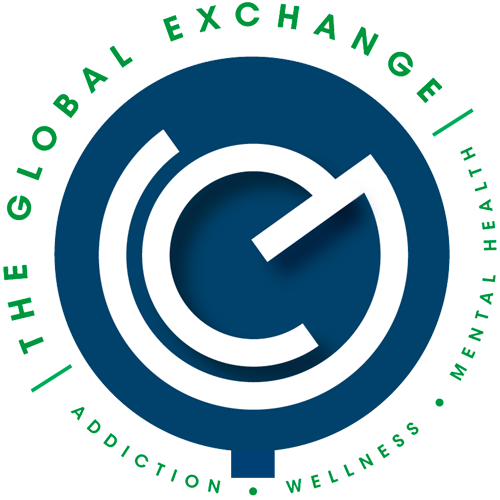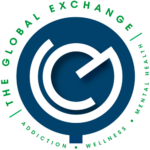
Alcoholics Anonymous and Related 12-step Facilitation Treatments (AA/TSF) as Frontline Treatment Options
Information
Date & Time
-
-
Description
Until recently, scientific skepticism surrounding the clinical and public health utility of Alcoholics Anonymous (AA) and 12 step based clinical treatments designed to link patients with AA, was commonplace. During the last 30 years however, following a request from the U.S. Institute of Medicine of the National Academy of sciences for more research on 12 step treatment, AA, and its mechanisms, a flurry of rigorous federally funded research studies have emerged, including dozens of randomized clinical trials, cost effectiveness analyses, and studies of AA’s mechanisms of behavior change. This body of work has revealed that 12 step clinical treatments confer benefits that are at least on par, if not often better, than other formal treatments (e.g., CBTs), while also producing substantial reductions in healthcare costs. Research investigating AA’s mechanisms of behavior change also reveals that the way AA has been shown to confer this benefit is by mobilizing therapeutic mechanisms also mobilized by professional treatments, but is able to do so over the long term for free in the communities in which people live. This talk will review the latest evidence on the efficacy, cost-effectiveness, and mechanisms through which AA and 12 step treatments confer benefit. Implications for other mutual-help organizations and related treatments will be discussed.
Target Audience
- Addiction Counselors (NADAAC)
- Addiction Counselors (NADAAC)
- Medical Doctor
- NY SW, NY MHC, NY MFT
- NY SW, NY MHC, NY MFT
- Psychologist
- Registered Nurse
- Social Worker
Presenters

Financially Sponsored By
- The Global Exchange Conference - Exchange Events